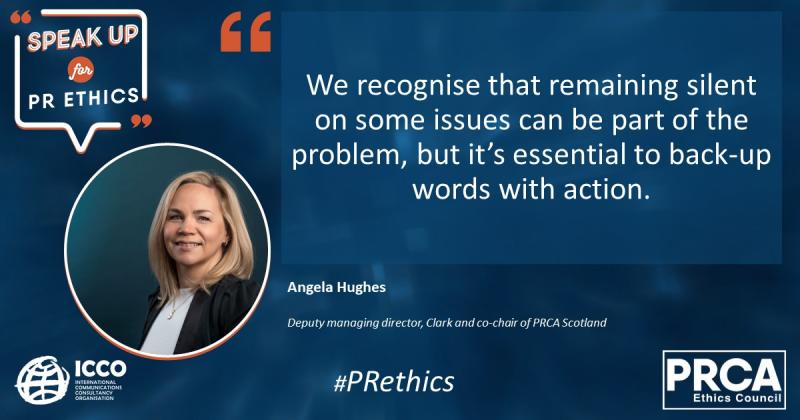
Recent years have witnessed growing pressure on brands and organisations to be more responsible. Whether it’s taking care of employees, being environmentally friendly, striving for equality and diversity, or making valuable contributions to communities, people expect the companies they work for and buy from to have a social conscience.
Younger generations, in particular, have higher expectations of companies in this respect and are more likely to hold brands to account for attitudes and behaviour.
Many brands and organisations have solid, well-placed intentions around supporting important social issues, such as racism, sexism, mental health and climate change. Strong company values can drive success. Companies that live and breathe their values are more likely to have an engaged workforce and loyal customer base.
However, actions speak louder than words. It is vital that taking a social stance is accompanied by real, tangible action – and not simply hollow words and declarations that generate momentary attention on Twitter or Instagram.
Being inauthentic around important issues can lead to significant reputational damage. Today’s consumers are smart. They have their own platforms on social media, access to more information than ever, and will react strongly to even a whiff of insincerity. They can spot an opportunistic and cynical marketing ploy instantly.
Big brands, such as Pepsi and Nike, have been accused of ‘woke-washing’, or ‘purpose-washing’, which is when a company uses marketing to take a stance regarding social issues to make a profit. In 2019, Marks & Spencer was criticised for its special edition sandwich to celebrate LGBT Pride month.
Critics of wok-washing suggest brands are simply jumping on the band wagon and expressing words with nothing to back them up.
It’s easy to target large corporates because of their size, power and wealth. But the same principles apply to smaller businesses too.
We have challenged some clients on their desire to speak out on social issues by asking them to define policies, initiatives and actions they have taken, or are planning to take, to make their organisations better. Our goal was to place their actions at the heart of what they wanted to communicate to make their plans rich with authenticity and effective in leading change.
We recognise that remaining silent on some issues can be part of the problem, but it’s essential to back-up words with action.
To be clear, having a purpose is good. Having a social conscience is good. But only if it runs through everything a company does. A re-coloured logo just doesn’t cut it.
